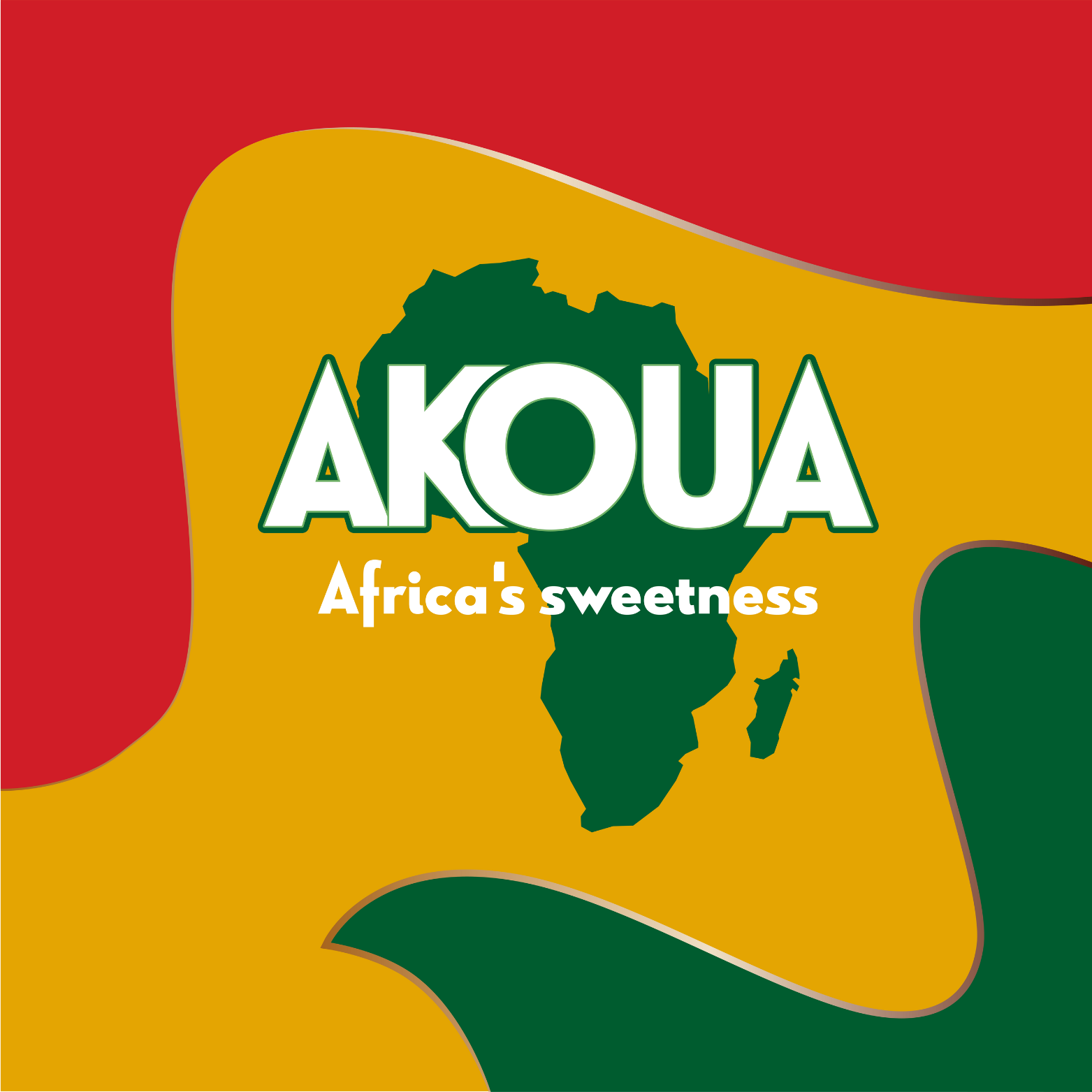sustainability

You probably know cashews and have probably eaten a lot of them. But do you know that every single cashew nut has a fruit the size of an apple attached to it? A 150g can of cashews contains approximately 90 to 100 processed kernels. This means that just as many cashew apples were picked and unfortunately thrown away.
Knowing this, ask yourself the following 3 questions:
- Why aren't cashew apples available to buy in Germany or Europe?
- What happens to all those cashew apples after the seeds are removed?
- Can cashew apples actually be eaten or used in other ways?
Let's take a closer look:
From a botanical point of view, cashews are not nuts, but rather the kernels of the cashew tree fruit, also known as cashew apples. The tree only grows in tropical climates. The country of Benin in West Africa is one of the world's largest cashew producers.
But while 100% of cashews are exported, only 1% of cashew apples are processed.

What happens to the cashew apple?
Due to their poor storage properties, cashew apples must be processed quickly and directly at the harvest location. This is also the reason why almost no one in this country knows this fruit and you cannot buy it as fresh fruit in Europe.
However, there is a lack of opportunities and infrastructure locally to process the cashew apples. Therefore, they are thrown away instead of being recycled. With our partners in Benin, we preserve the juice obtained locally from the cashew apple, import it to Europe and thus give it the added value that it deserves due to its ingredients.
High vitamin C content
The determination of vitamin C in a sample of our cashew juice at GFL (Society for Food Research mbH) revealed one Vitamin C content of 168 mg per 100 ml Juice and corresponds to 210% of the reference daily intake of vitamin C for an adult.
In comparison, it contains 5 times more vitamin C than oranges , plus many other vitamins and minerals. The demand for cashew nuts increases year after year, but unfortunately the cashew apples remain unprocessed and unused.
Since cashew apples cannot be exported raw, we want to increase local processing options through our Akoua brand so that they can be exported in the form of end products (juice, jam, liqueur).
Why do we want to make cashew apples better known in Germany and Europe?

SUSTAINABILITY:
Did you know that for just 1kg of processed cashews, 10kg of cashew apples end up in the trash?
This shocking fact shows how urgently we need to act to reduce waste.
In Benin alone, around 2 million tons of unprocessed, unused cashew apples are produced every year. Imagine how much potential there is for sustainable use!
But it's not just about the cashew apples - 2kg of these fruits could make 1 liter of delicious cashew juice. An incredible 1 billion liters of cashew juice could be produced in Benin.
These facts are particularly critical in a world where the importance of food continues to increase. It is time to take responsibility and find sustainable solutions.
Perspective and SAFE JOBS:
The majority of the cashews picked are not processed locally but are exported abroad and processed there into the roasted nuts we know. Extracting the juice from cashew apples locally will create more jobs in the long term.
The farmers who pick the cashews have so far earned little money because only part of the cashew, namely the kernel, can be sold. The additional processing of the cashew apples will increase your profit by approximately 30%. So more money for a product that already exists but has hardly or not been used at all.

